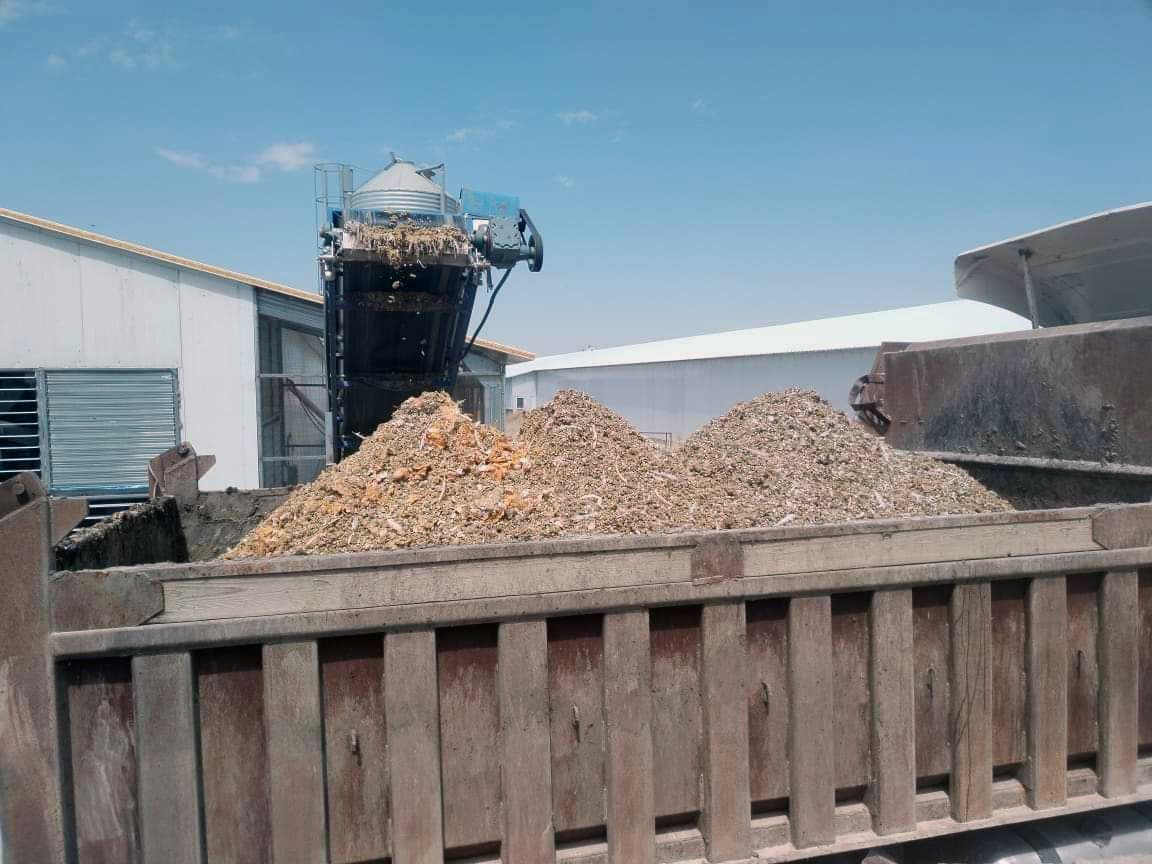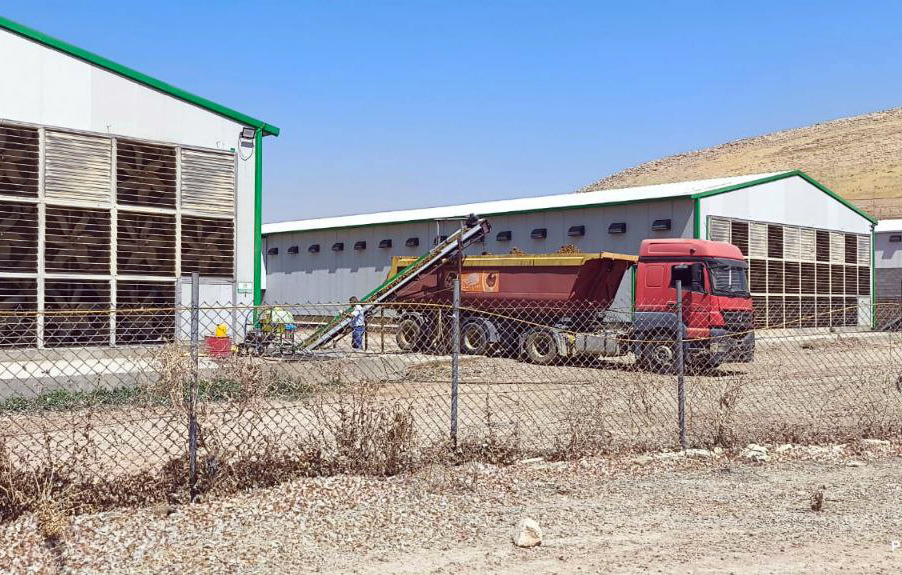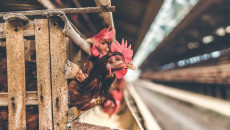As temperatures drop and moderate autumn weather arrives, many residents of Bashiqa, like Farouk Muhammad, enjoy spending time in their house courtyard to breathe fresh natural air but the unpleasant smells from nearby poultry farms deprive them of this pleasure.
There are 12 poultry farms in Bashiqa district, some located one kilometer away and others only 500 meters from residential areas. The smell of poultry waste becomes unbearable in the evening, especially when the wind blows.
Farouk Mohammed, a resident of the center of Bashiqa district, told (KirkukNow) that “the smells of poultry farms disturb the residents of Bashiqa, especially those who live in the Bahzani area, because the fields are very close to them. The smells intensify in the evening and at night, spreading quickly when the wind blows."
"This issue is not new, but it has not been addressed," Farouk said, highlighting that the law prohibits poultry farms from being established near residential areas. Some of these farms were set up long ago, but as the district expanded, they became closer to citizens' homes.
According to current regulations in Iraq, poultry farms must be at least one kilometer away from residential areas, and waste must be treated in a way that does not affect citizens' comfort and safety.
Khair al-Din Nabi Hussein, the owner of a hatchery project in Bashiqa, said that his project does not emit any bad smells because the chicks produced by the project are delivered directly to the poultry farms to be raised there.
“The bad smells are more emitted from the fields of red chickens that are raised for egg production.”
Poultry raising was a family business for women in villages up to the 1950s. Some people were raising chicken, Turkey, Duck and goose in the backyard. Commercial poultry farming started in 1956.
Iraq's chicken production in 2020 amounted to 231,000 tons, up to 245,000 tons in 2021, reached its highest level at 250,000 tons in 2022, before declining in 2023 until to only 200,000.
In 2022, chicken consumption hit 736,000 tons, while in 2023 decreased to 729,000 tons, but in 2024 it reached its highest level, with consumption reaching an average of 755,000 tons, according to data from the US Department of Agriculture.

Adnan Mohammed, the director of Bashiqa Veterinary Directorate, acknowledged the issue of bad odors in the area but explained to KirkukNow that "not all poultry farms emit bad smells, only two fields, specifically for raising laying hens (hatcheries), are responsible for the odors."
A joint team from the district directorate, municipality, and agriculture division periodically visits poultry farms to address the issue. During the last visit a few weeks ago, they reminded project owners to clean their fields daily and properly manage waste to avoid penalties.
"Poultry waste, especially from egg production, generates large amounts of waste with bad odors due to the feed given to the poultry, such as protein. We are working with the district administration to find a solution," Mohammed mentioned.
Poultry waste is used as livestock feed in most areas of Iraq, where companies or some citizens buy it from the fields and after processing it is converted into feed.
To address the problem of bad odors, poultry farms need to adhere to regulations and instructions, with continuous monitoring by the local government.
Ghazwane Al-Dawudi, mayor of Bashiqa, informed Kirku Now that they are continuously working to enforce regulations and guidelines for poultry project owners. The district administration began addressing complaints about the issue two months ago by inspecting farms and enforcing daily cleaning.
Nineveh Governorate leads in Iraq with 499 poultry farms, according to a report from the Central Statistical Organization in 2022.
Farouk Muhammad emphasized the importance of "enforcing regulations and guidelines for poultry farms through ongoing monitoring by the local government to permanently resolve the issue of bad odors in the region."
Bashiqa is a district in Nineveh Governorate, located 12 km northeast of Mosul city. It has a population of over 149,000, consisting of Shabaks, Yazidis, and Christians, making it the second-largest district in Nineveh in terms of population.
"We inspected the poultry farms in the field and imposed on their owners to clean the fields on a daily basis," according to Al-Dawudi.
Muhammad stressed the need to "obligate poultry farms to implement conditions and instructions through continuous monitoring by the local government to solve the problem of the spread of bad odors in the region once and for all."






